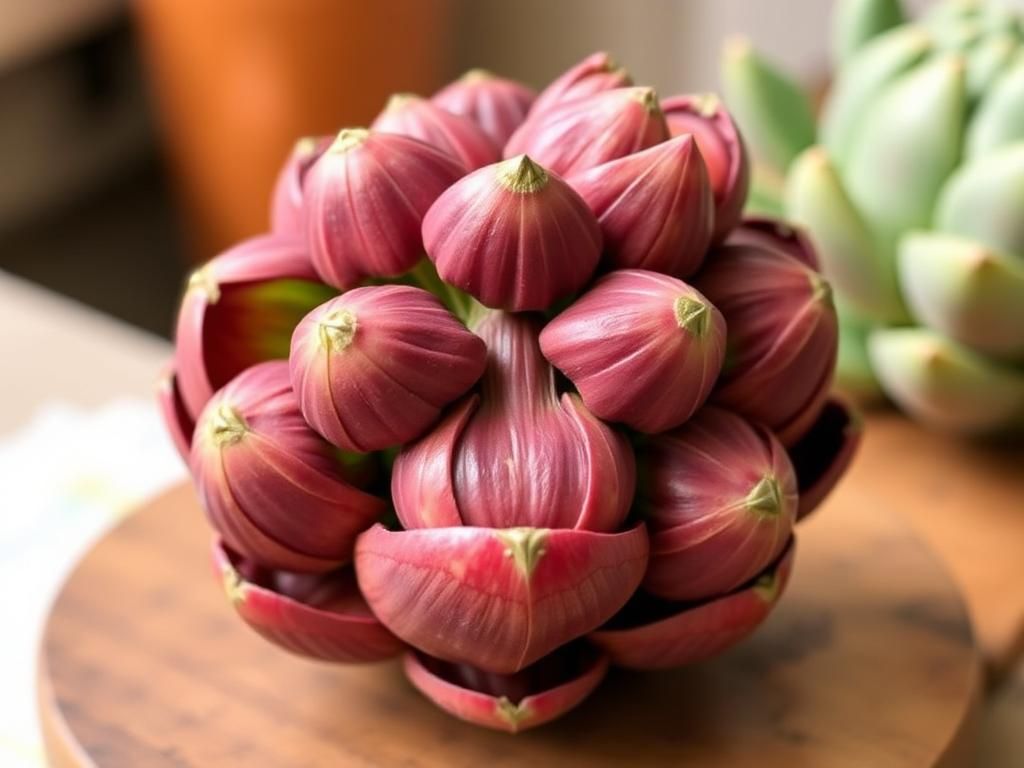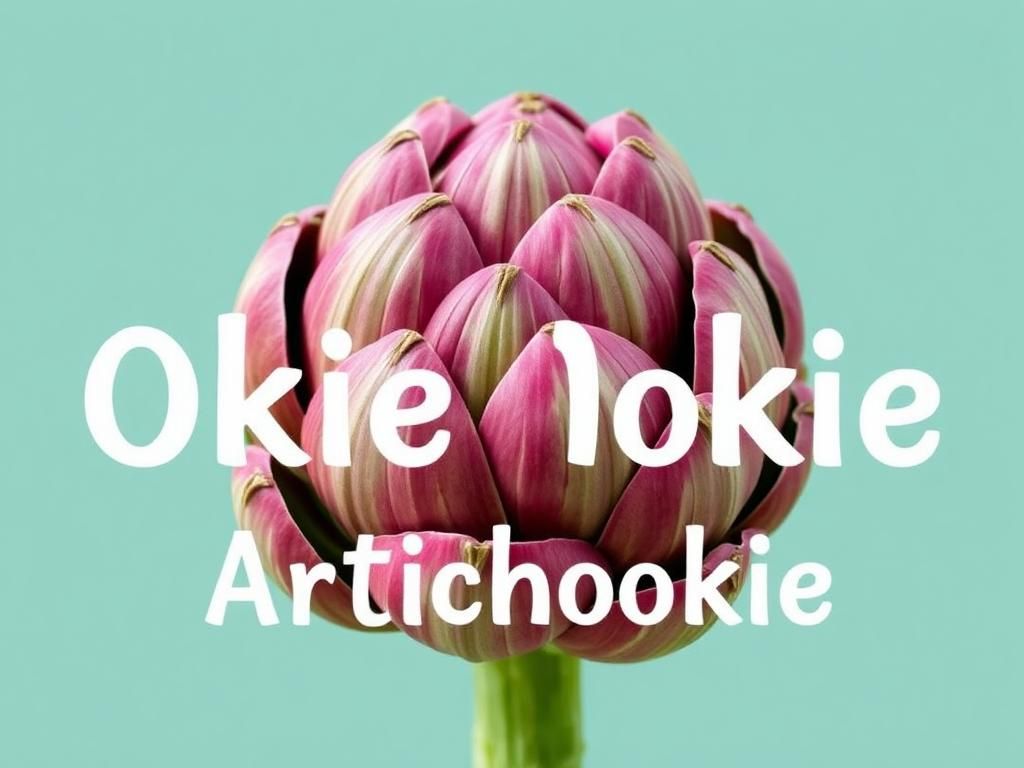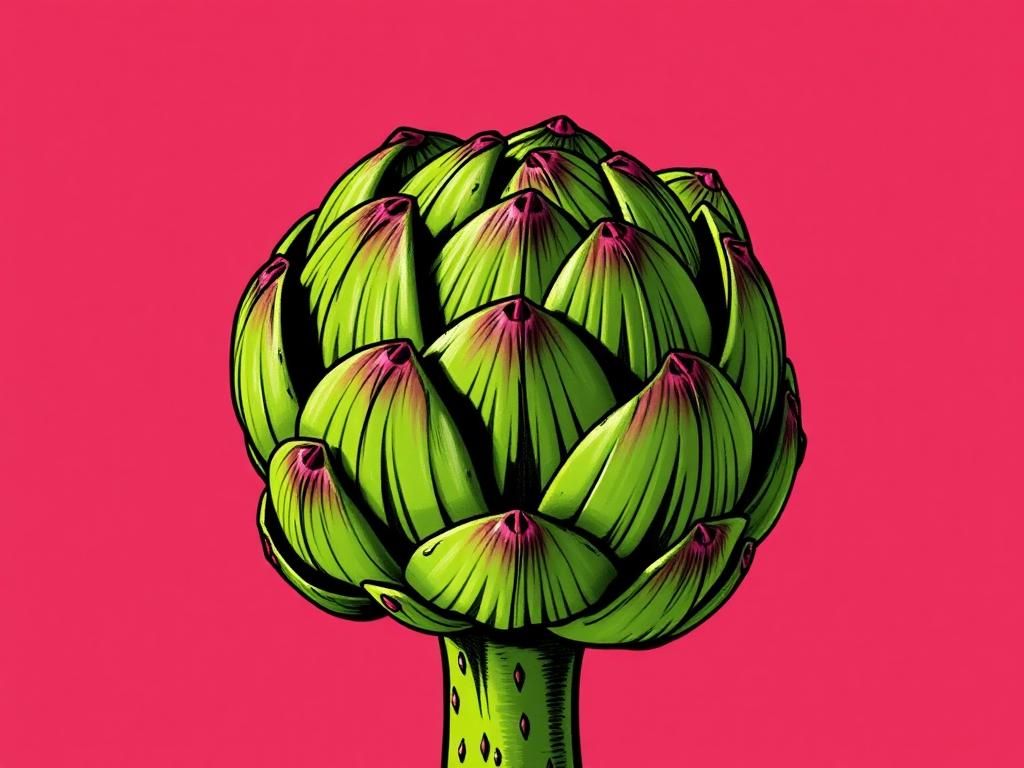The phrase “okie dokie artichokie” embodies a unique blend of playfulness and charm, making it a delightful choice for everyday conversation. Originating from American slang, this quirky expression stands out for its rhythmic sound and humorous undertone. As we dive deeper into the phrase, we will uncover its history, its use in popular culture, and its significance in modern communication.
The Origin of “Okie Dokie Artichokie”
Etymology of “Okie Dokie”
The phrase “okie dokie” is often used as a casual expression for confirmation or agreement. It brings a lighthearted flair to simple affirmations, evoking a sense of ease and friendliness in the speaker. Its roots trace back to the early 20th century in the United States, intertwining with American slang and informal language. Variations of the term, such as “oki doki”, have appeared in different contexts, contributing to its evolving nature.
The Addition of “Artichokie”
When the whimsical term “artichokie” is added, it enhances the phrase’s rhythmic quality due to the alliteration and rhyme it introduces. This playful twist has contributed to the phrase’s popularity in media and pop culture contexts. The choice of the vegetable artichoke may seem abstract, but it adds a layer of humor and whimsy that resonates with audiences. In slang, the artichoke serves as a symbol of quirky charm, exemplifying how language can evoke imagery and emotion.
Popularization and Usage
In Pop Culture
Throughout the years, “okie dokie artichokie” has made its way into various television shows, movies, and songs. For example, the phrase is notably used by characters in family-friendly programs where humor and lighthearted communication are key aspects. In films aimed at younger audiences, the phrase often pops up in comedic relief moments, with characters employing it to ease tension or bring a smile to their friends’ faces.
Furthermore, the rise of the internet has allowed phrases like “okie dokie artichokie” to proliferate through memes and social media. The adaptability of the expression in digital communication has contributed to its virality, as users creatively modify it for humorous effect across platforms like Twitter, Instagram, and TikTok.
Everyday Conversations
In casual settings, “okie dokie artichokie” is often utilized as a humorous response or a way to lighten the mood. People delight in using it during friend gatherings, informal meetings, or even in text exchanges, where sharing chuckles can ease tension. Compared to other playful phrases like “alrighty” or “cool beans”, this phrase uniquely captures attention, thanks to its catchy and whimsical nature.
The Linguistic Appeal of Playful Language

The Psychology of Playful Phrases
Understanding why playful language resonates with people involves delving into its emotional effects. Humor encourages bonding and connection among individuals, fostering a sense of warmth in communication. The phonetics and rhythm of “okie dokie artichokie” allow it to flow effortlessly in conversation, eliciting smiles and laughter.
Benefits of Using Quirky Expressions
Engaging with quirky phrases like “okie dokie artichokie” offers numerous benefits in conversational techniques. They can serve as icebreakers, facilitating connections between strangers or acquaintances. Additionally, these expressions help reduce tension in serious discussions, making it easier to navigate challenging conversations. With humor at play, rapport is built, encouraging open dialogue and understanding.
Variations and Synonyms
Similar Phrases and Expressions
There are several variations of the phrase “okie dokie artichokie” and similar expressions worth exploring. Some notable alternatives include “okie dokie,” which simplifies the expression, and “alrighty” or “cool beans,” each with its own flavor of casual affirmation. Regional differences also manifest in how these terms are used, with certain phrases being favored in specific cultural contexts.
For example, “y’all good?” might resonate more in the Southern United States, while “yup” or “no worries” could be popular in other areas. Such variations allow for a richer tapestry of casual language, facilitating diverse expressions of agreement and playfulness.
Table: Summary of Playful Expressions
| Phrase | Meaning | Usage Context | Regional Variability |
|---|---|---|---|
| Okie dokie | Casual agreement | Informal conversations | Common in the U.S. |
| Alrighty | Confirmation | Agreeing to something | Used widely in various regions |
| Cool beans | Awesome or excellent | Casual settings | More common among younger generations |
| Okie dokie artichokie | Light-hearted affirmation | Humorous situations | Popular in pop culture |
FAQ Section
1. What does “okie dokie artichokie” mean?
The phrase is a playful way of saying “okay” or “alright,” often used in informal and humorous contexts.
2. Where did “okie dokie” come from?
It is believed to have originated in the early 20th century in the United States, gradually becoming part of American slang.

3. Why is “artichokie” added?
The addition of “artichokie” adds whimsy and plays on the alliteration, creating a rhythmic phrase that enhances its appeal.
4. How is the phrase used in popular culture?
The phrase appears in various television shows and movies as a comedic line, often to lighten a situation or emphasize humor.
5. Are there other phrases similar to “okie dokie artichokie”?
Yes, other playful phrases include “alrighty,” “cool beans,” and “you betcha,” each adding a casual confirmation tone.
6. How can I use “okie dokie artichokie” in conversation?
You can use the phrase during casual conversations, as a humorous response, or to break the ice in a lighthearted manner.
7. What impact does playful language have on communication?
Playful language fosters connection, eases tension, and promotes a friendly atmosphere, enhancing interpersonal interactions.
8. Does the phrase have any cultural significance?
The phrase reflects the creativity in language and how humor can bridge gaps in communication, making it culturally significant.
9. Can I use “okie dokie artichokie” in professional settings?
While it’s primarily informal, using it in a relaxed professional setting could show your approachable personality, but use discretion.
10. How has social media influenced the use of this phrase?
Social media has contributed to the phrase’s popularity through memes and creative adaptations, making it a part of digital vernacular.
Through our exploration of “okie dokie artichokie,” we see that this quirky phrase holds a special place in language and culture. Embracing such expressions in conversations not only adds a layer of humor but also enhances interpersonal connections, making communication more enjoyable and vibrant.
References and Further Reading
For those interested in the nuances of language and communication, consider reading:

